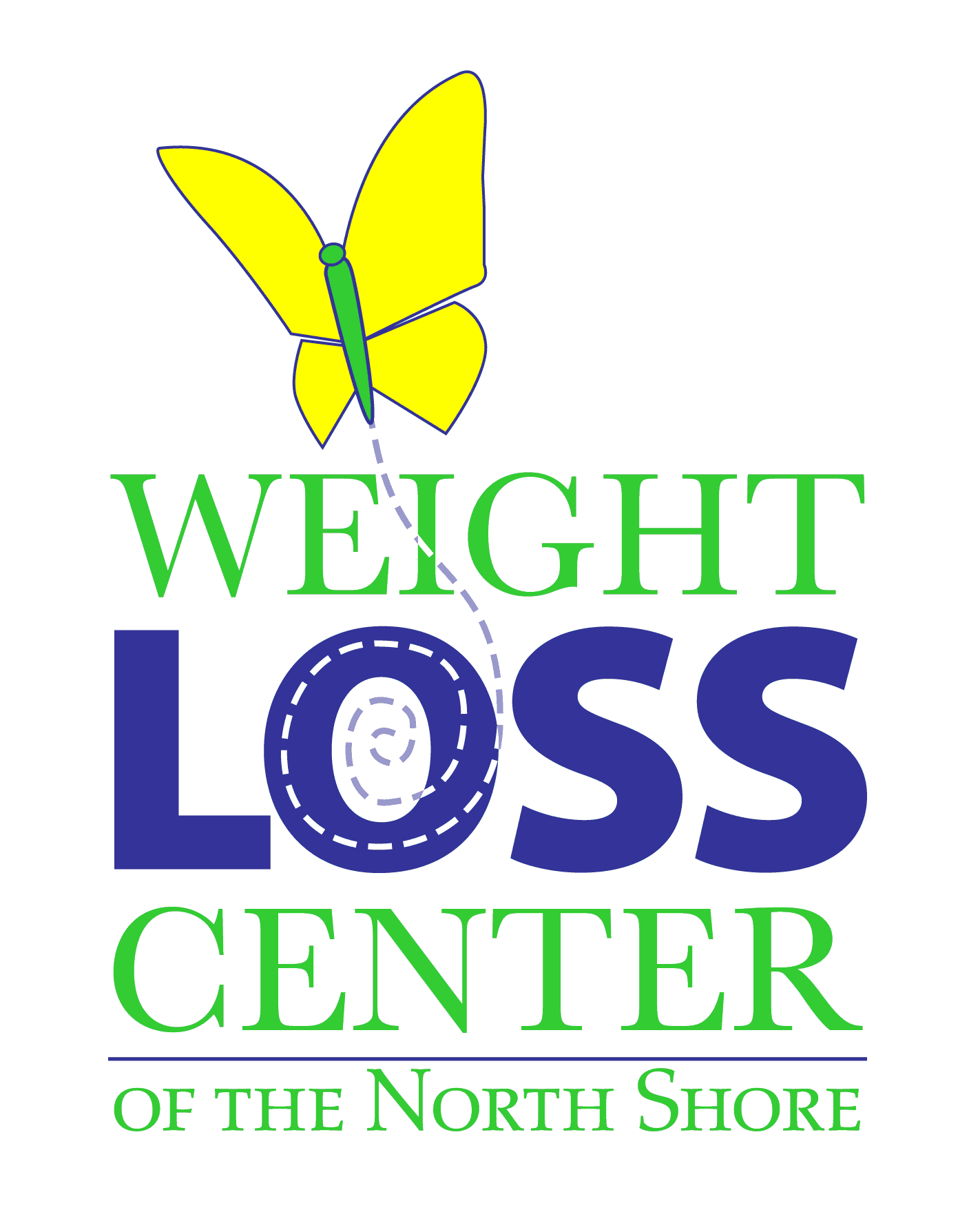The Impact of Processed And Packaged Foods on Your Weight Loss Journey
The modern food industry has greatly changed how we eat. While convenience and taste are important, the increased availability of processed and packaged foods has also led to significant health issues, especially when managing weight. Understanding how these foods can impact your weight loss journey is crucial, especially when working with a holistic weight loss center that prioritizes overall well-being.
Understanding Processed and Packaged Foods
Processed foods have been modified from their natural state through canning, freezing, refrigeration, dehydration, and aseptic processing. Packaged foods, typically found in boxes, cans, or bags, often fall into this category. These foods include sugary cereals, soda, chips, frozen dinners, and snack bars.
While not all processed foods are inherently unhealthy, many contain high-added sugars, unhealthy fats, and sodium. They often include artificial ingredients and preservatives intended to improve flavor, texture, and shelf life but may negatively affect health.
The Impact on Weight Loss
High Caloric Density: Processed and packaged foods often have a high caloric density, meaning they provide many calories in a small volume of food. This can lead to overeating, as these foods do not promote satiety like whole foods.
Added Sugars and Fats: These foods are typically loaded with added sugars and unhealthy fats, contributing to increased calorie intake and weight gain. High sugar consumption is linked to insulin resistance, obesity, and metabolic syndrome.
Low Nutrient Density: Many processed foods lack essential nutrients such as vitamins, minerals, and fiber. A diet high in these foods can lead to nutrient deficiencies and poor health outcomes, making weight loss more challenging.
Impact on Metabolism: Process food additives and preservatives can negatively affect metabolism and gut health. An unhealthy gut microbiome, influenced by a diet high in processed foods, can increase inflammation and weight gain.
Behavioral Factors: Processed foods are designed to be hyper-palatable, which can lead to overeating and food addiction. The convenience factor also encourages frequent snacking and reliance on ready-to-eat meals, reducing the intake of healthier, home-cooked meals.
Working with a Holistic Weight Loss Center
The Weight Loss Center of The North Shore offers a holistic approach to health and weight management, considering the physical, emotional, and nutritional aspects. Here’s how we can help you navigate the challenges posed by processed and packaged foods:
Personalized Nutrition Plans: We provide tailored nutrition plans emphasizing whole, unprocessed foods rich in nutrients. These plans meet your needs and help you transition from unhealthy processed foods.
Education and Awareness: Understanding the impact of processed foods on your health is crucial. We will educate you to make informed food choices.
Long-term Lifestyle Changes: The goal of our holistic weight loss center is not just temporary weight loss but sustainable, long-term health. By promoting a balanced diet, regular physical activity, and mental well-being, we can help you achieve lasting results.
Ready to start your journey to better health? Contact us today to schedule a consultation and discover how our holistic approach can transform your weight loss journey. Together, we can create a plan that works for you, helping you achieve your goals and maintain a healthier lifestyle.
References
Harvard T.H. Chan School of Public Health. (2023). The Nutrition Source: Processed Foods. Retrieved from https://www.hsph.harvard.edu/nutritionsource/processed-foods/
Mayo Clinic. (2023). Nutrition and healthy eating: Added sugar. Retrieved from https://www.mayoclinic.org/healthy-lifestyle/nutrition-and-healthy-eating/expert-answers/added-sugar/faq-20058097
NIH. (2023). The Role of Processed Foods in the American Diet.
